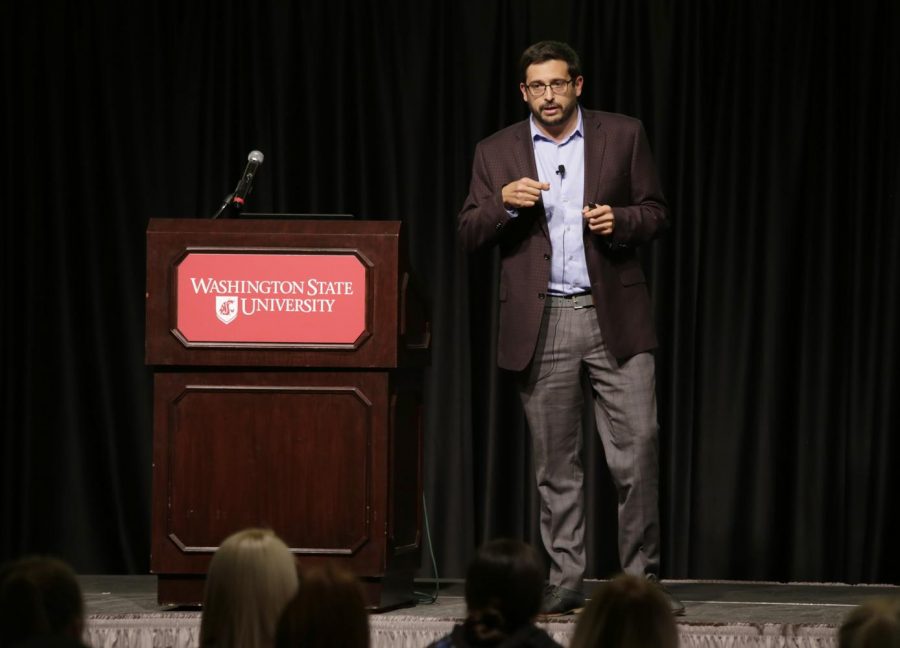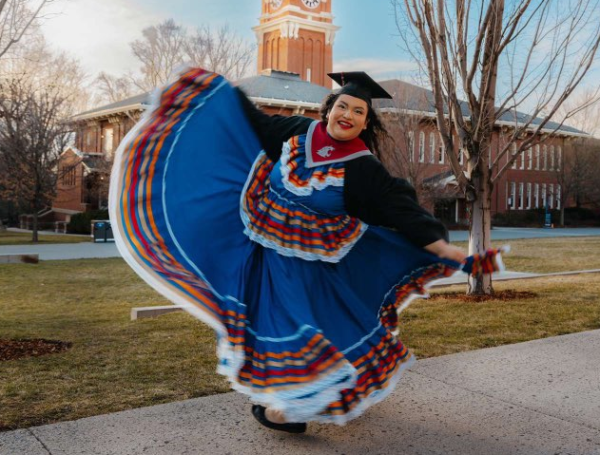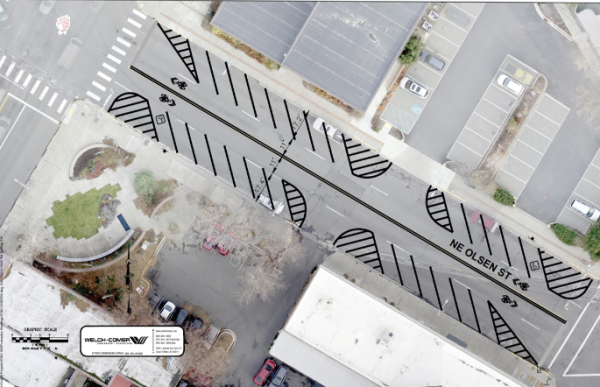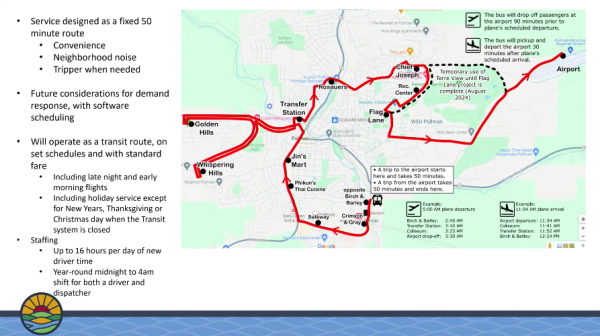Educator encourages understanding
Romano recommends constructive approaches to activism for students
RYAN PUGH | The Daily Evergreen
Arthur Romano talks about model conflict solvers, such as Martin Luther King Jr., and the protests by young people that led to change.
October 10, 2017
In light of recent demonstrations on campus, an international peace educator shared his insights on conflict resolution and free speech.
The peace educator, Arthur Romano, an assistant professor at George Mason University, said that during conflicts, people tend to attack each other instead of focusing on the social issues. He emphasized that people can be easier to blame than overall circumstances when things don’t go as planned.
“There’s good reasons why we tend to attack people instead of problems,” Romano said, “because it’s right there and it’s palpable.”
Berto Cerrillo, Student Involvement associate director, said the Student Entertainment Board invited Romano to campus in response to recent organized rallies, such as the sit-in at the beginning of the semester.
He noted that some of these demonstrations, like the Young Americans for Liberty rally earlier this semester, left students divided.
“They were defending that hate speech is free speech and they’re right,” Cerrillo said, “but the end of that conversation really just became a trial of you versus me between students.”
Peace talk participant Hailey Windish, who is majoring in business and entrepreneurship, said students need to know that conflict is not temporary. She said there needs to be thought after actions.
“This is a life-long thing … knowing that you can learn from every challenge you have and every activist movement,” she said. “Educate yourself before jumping in.”
Romano said the best way to counter-protest is to understand the other side.
He said in his experience, a good way to counter protest is to hand out flyers to educate bystanders, or the other side.
He said when he participated in a counter protest against the Westboro Baptist Church, his group set up trained members around them to ensure that violence did not occur.
“We thought we could convince people that we shouldn’t play in their hands,” Romano said.
Toward the end of the discussion, Cerillo said groups can rely on WSU for support and that they can help develop students’ ideas to be more effective.
“The challenge here is that most of our students who are engaging aren’t as organized as they could be,” Cerrillo said. “That’s the thing that we wish was better. If they had talked to even us, we could help them think about it.”
He said that verbally attacking people does not solve the problem.
“When it’s most effective is helping people to engage with underlying issues,” Romano said. “It’s not about attacking people — it’s about addressing problems.”





















